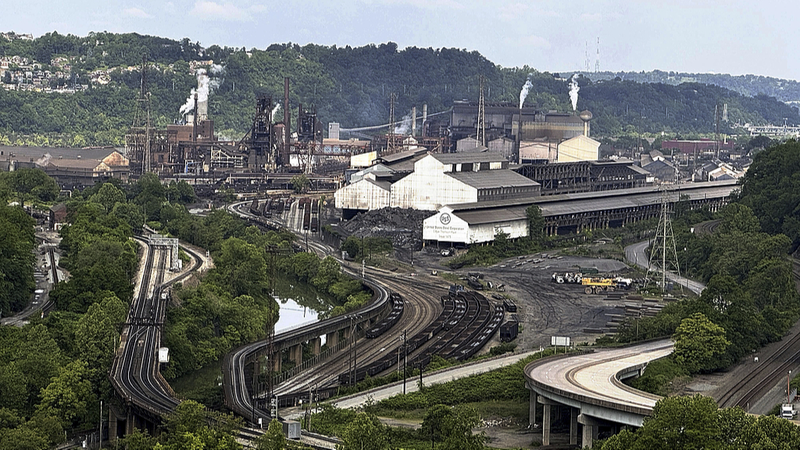In a move shaking up the US-Japan steel landscape, President Donald Trump has officially greenlit Nippon Steel's bid to acquire U.S. Steel – this time under strict national security conditions. The deal, initially blocked by former President Joe Biden's administration in January, now promises fresh capital and tighter oversight.
The joint announcement from both companies revealed that Nippon Steel will inject roughly $11 billion into U.S. operations by 2028. In return, the U.S. government secures a 'golden share', giving it veto power over key corporate decisions and balancing investor confidence with national security interests.
Earlier this year, Nippon Steel and U.S. Steel filed a lawsuit to overturn the block, reigniting regulatory review and setting the stage for renewed talks. Despite initially opposing the merger during his campaign, Trump signaled support on May 23, calling the partnership a win for American jobs and global competitiveness.
For young global citizens and business enthusiasts tracking cross-border investments, this deal highlights a growing trend: strategic foreign capital tied to domestic safeguards. It shows how shifts in policy can swiftly reshape multinational mergers in industries deemed vital to national interests.
By combining Nippon Steel's manufacturing scale with U.S. Steel's domestic footprint, the partnership could drive plant expansions, spur sustainable steelmaking innovation, and create thousands of jobs across the Midwest. Yet all eyes will be on whether the $11 billion commitment by 2028 materializes and how the golden share is used in practice.
As this transpacific steel alliance takes shape, its outcomes will ripple beyond the factories – influencing future global deals and the next generation of leaders in business, tech, and sustainability.
Reference(s):
Trump approves U.S. Steel sale to Nippon Steel with conditions
cgtn.com




